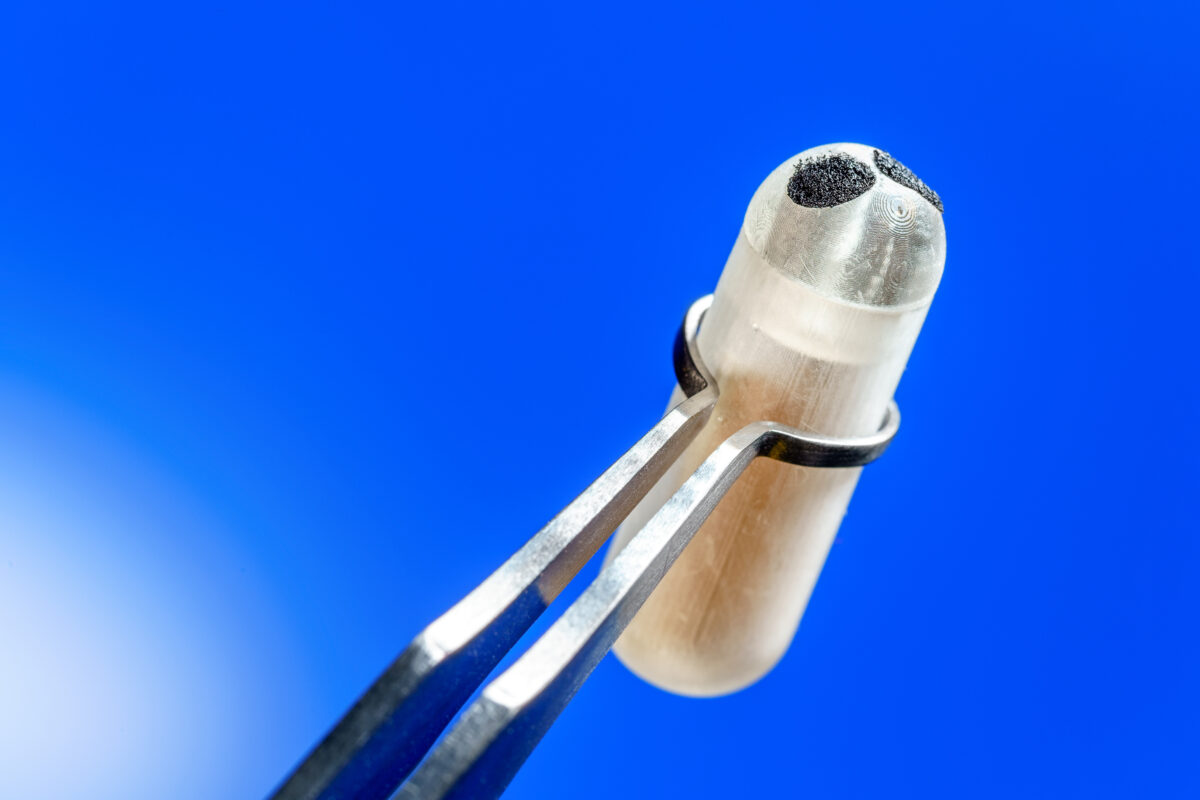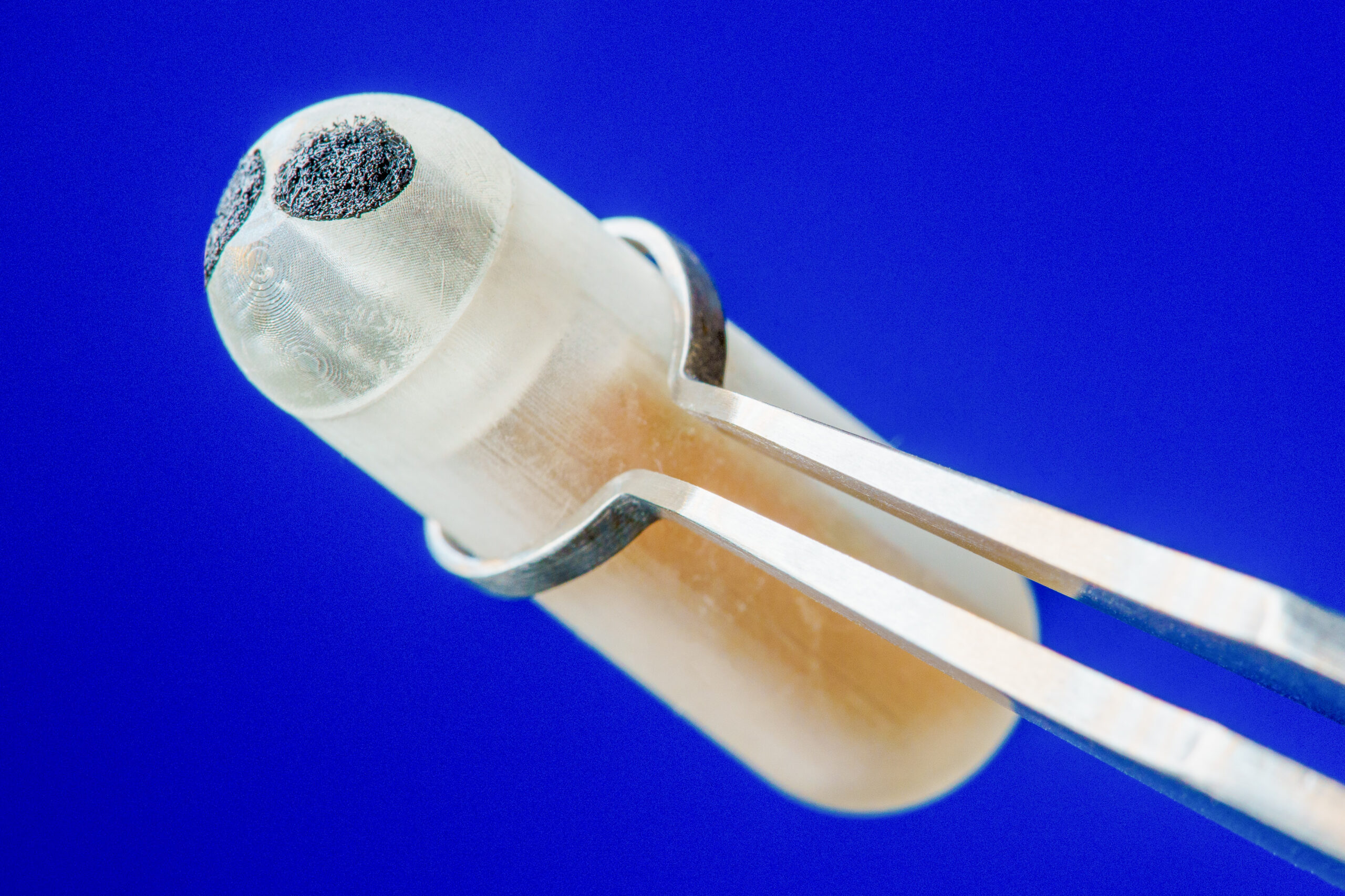Scientists at the University of California San Diego (UC San Diego) have created a revolutionary “smart pill,” a battery-free ingestible biosensor that offers new opportunities to understand human gut health. The development could lead to critical advances in diagnosing and treating various diseases, including inflammatory bowel disease, diabetes, and obesity.
This pill-shaped biosensing system allows researchers to continuously monitor the intestinal environment, specifically targeting gut metabolites in real time. This kind of observation was previously unattainable, making this technological breakthrough potentially transformative in understanding intestinal metabolite composition, a key factor in human health.
Instead of relying on a traditional battery, the “smart pill” uses a non-toxic fuel cell powered by glucose. “It uses glucose present in the intestines as a biofuel to power the device. Making this all work with ultra-low-power electronics and with a stable yet small glucose biofuel cell were major technical challenges that were addressed here,” explains Patrick Mercier, a professor of electrical and computer engineering at UC San Diego, in a statement.
A Revolution in Gut Health Monitoring
Traditional methods of exploring the small intestine’s interior often cause significant discomfort for patients and only provide limited data. The smart pill’s biosensor allows access to continuous data readings over time, offering a simpler and more cost-effective way to monitor the small intestine.

“In our experiments, the battery-free biosensor technology continuously monitored glucose levels in the small intestines of pigs 14 hours after ingestion, yielding measurements every five seconds for two to five hours,” said Ernesto De La Paz Andres, a nanoengineering graduate student at UC San Diego. The team is now working to reduce the pill’s size to make it more suitable for human consumption.
More Than Just a Pill
The researchers aim to expand the “smart pill” functionality by adding more sensors, collecting a diverse array of information over extended periods. Joseph Wang, co-director of the UC San Diego Center for Wearable Sensors, expressed hope that the pill’s data would contribute to a better understanding of health and disease in the small intestine.
Wang and Mercier’s collaborative effort integrates different technologies, such as ultra-low-power circuits, wireless technologies, and glucose-powered fuel cells. This multi-disciplinary approach has allowed the team to overcome significant challenges in creating a battery-free, wireless ingestible device.
Looking to the Future
This project represents a significant step towards improving gastrointestinal health monitoring. By enhancing the understanding of the intestinal processes involved in various disorders, healthcare professionals may find more targeted treatments and prevention strategies.
The research, published the journal Nature Communications, continues to evolve, with plans to increase the number of sensors and further miniaturize the system.
Around 20% of the population will suffer from gastrointestinal disorders at some point in their lives, and innovations like the “smart pill” could alleviate some of the strain on healthcare systems. As the UC San Diego team continues to refine and develop this promising technology, the potential for a healthier future grows, providing a smarter way to measure critical intestinal activity.
